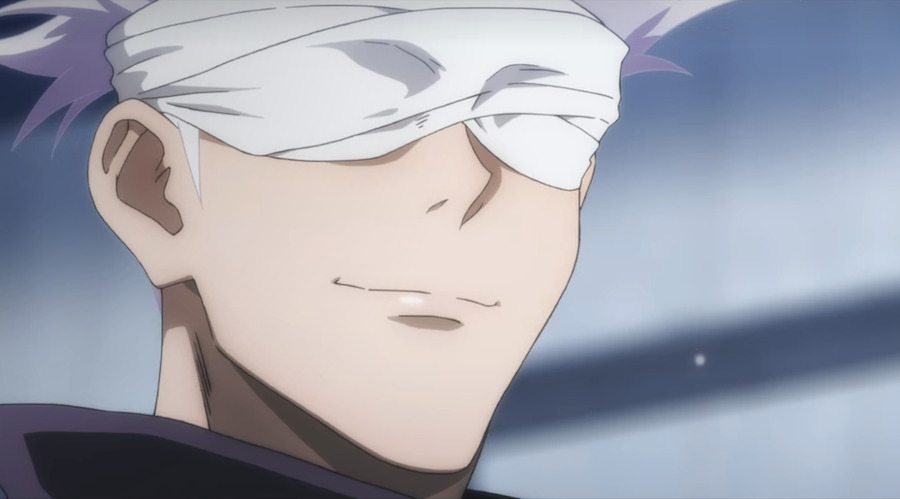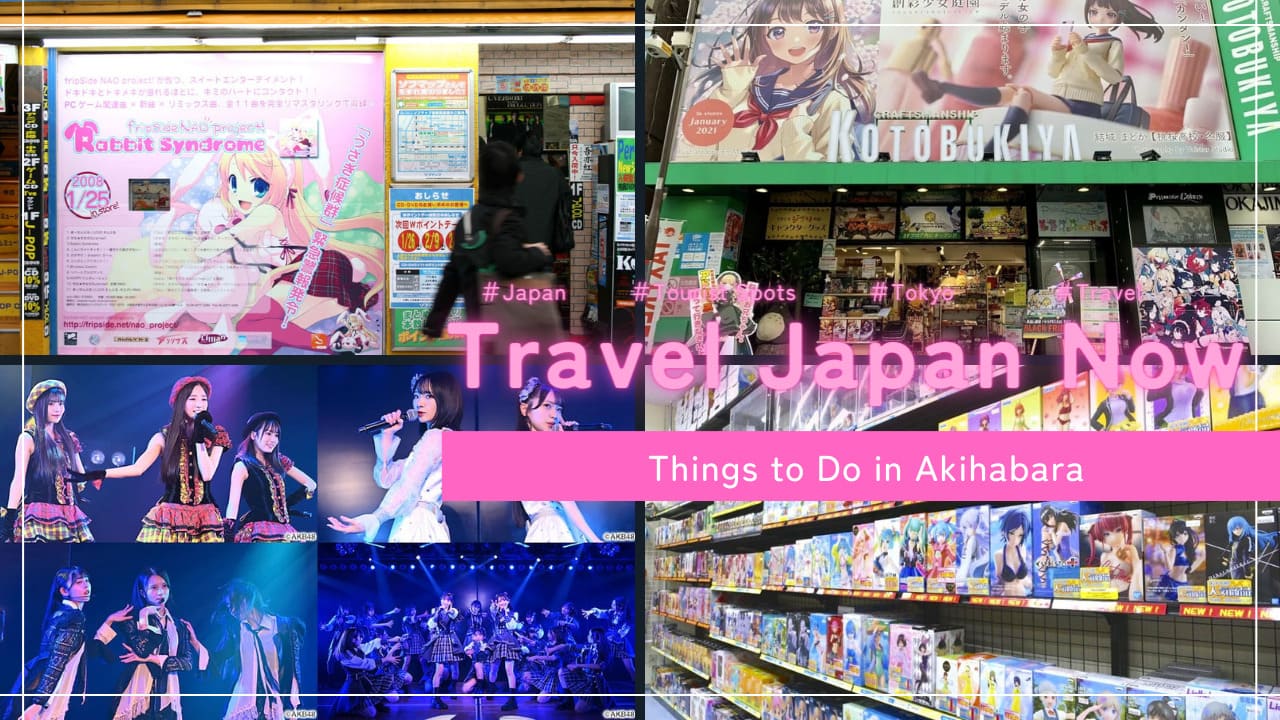This line is a phrase spoken by Satoru Gojo in the movie of Jujutsu Kaisen, reflecting his thoughts about Suguru Geto. It is a line rich with various emotions, conveying Gojo’s feelings and friendship towards Geto and the sadness stemming from Geto’s death.
In this article, we will be using this line to learn Japanese.
Basic Meaning and Nuance of the Phrase
Phrase: “僕の親友だよ たった一人のね”
Translation: “He/She is my best friend, my only one.”
Nuance: This phrase is sentimental, emphasizing the uniqueness and importance of the friend in question. It conveys a sense of closeness and exclusivity with emotional emphasis due to the particle “よ” and the informal expression “ね”.
Grammar Structure Explanation
Let’s break down the sentence structure.
- 僕 (Boku): This is a first-person pronoun, usually used by males, meaning “I” or “me.”
- の (No): This is a possessive particle, similar to “‘s” in English.
- 親友 (Shinyuu): This means “best friend.”
- だよ (Da yo): “だ” is a declarative copula, similar to “is/am/are” in English. “よ” is a particle used to emphasize the statement or express emotion.
- たった一人 (Tatta hitori): This means “only one person” or “the only one.” “たった” emphasizes the exclusivity or uniqueness, and “一人” means one person.
- のね (No ne): “の” is a modifier particle, and “ね” is a particle used to seek agreement or confirmation, similar to “right?” or “isn’t it?” in English.
So, the entire sentence can be broken down as: “[I] [’s] [best friend] [is, emphatically] [only one person], [isn’t it/emphatically].”
Using in Everyday Conversation
This phrase is quite sentimental and expressive, best suited for casual, intimate conversations rather than formal settings. Here are a few examples of how you might incorporate this phrase in everyday conversation, with contextual scenarios and translations.
Example 1:
When you are introducing your best friend to someone else, you might say:
これは僕の親友だよ、たった一人のね。」
Kore wa boku no shinyuu da yo, tatta hitori no ne
“This is my best friend, my only one.”
Example 2:
In a situation where you are talking about the importance of your friend, you might say like this.
In Japanese: 彼は僕の親友だよ、たった一人のね。
In Romaji: Kare wa boku no shinyuu da yo, tatta hitori no ne.
Translation: He is my best friend, my only one.
Example 3:
If someone is talking about having many friends, and you want to emphasize the importance of having one true friend, you could say like this.
In Japanese: たくさんの友達がいても、僕には親友がたった一人だよ。
In Romaji: Takusan no tomodachi ga itemo, boku ni wa shinyuu ga tatta hitori da yo.
Translation: Even if I have many friends, I have only one best friend.
Example 3:
If someone is talking about having many friends, and you want to emphasize the importance of having one true friend, you could say like this.
In Japanese: たくさんの友達がいても、僕には親友がたった一人だよ。
In Romaji:Takusan no tomodachi ga itemo, boku ni wa shinyuu ga tatta hitori da yo.
Translation: Even if I have many friends, I have only one best friend.
Remember, when using this phrase, consider the level of intimacy and appropriateness in the given social context. This phrase is best suited for informal settings where expressing personal feelings is acceptable.










Related articles